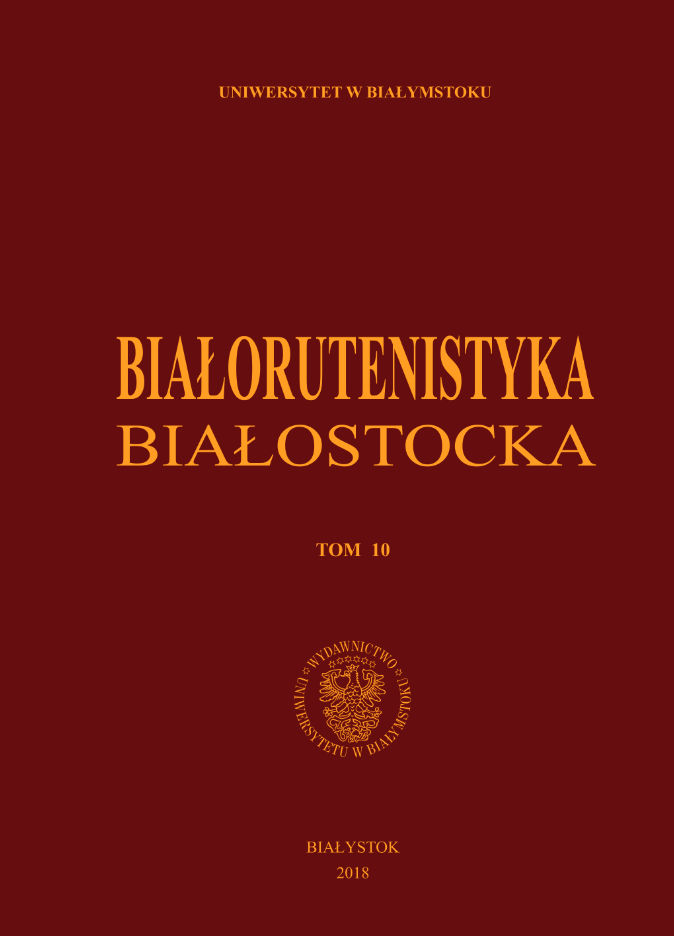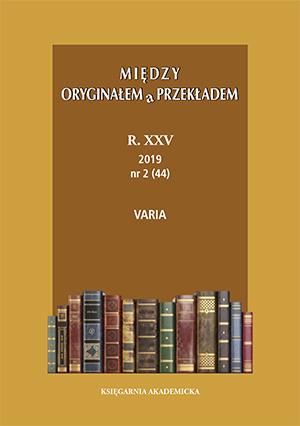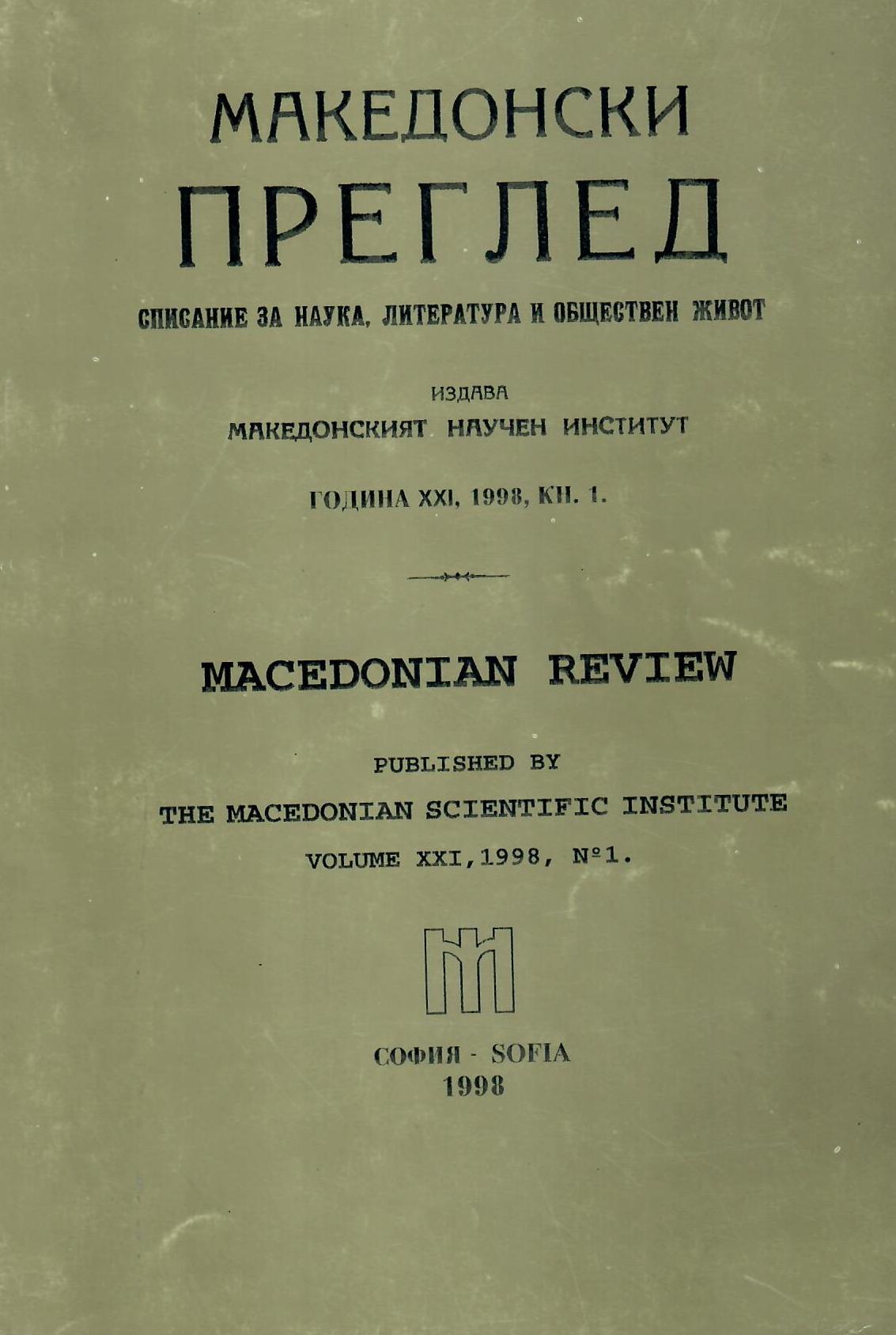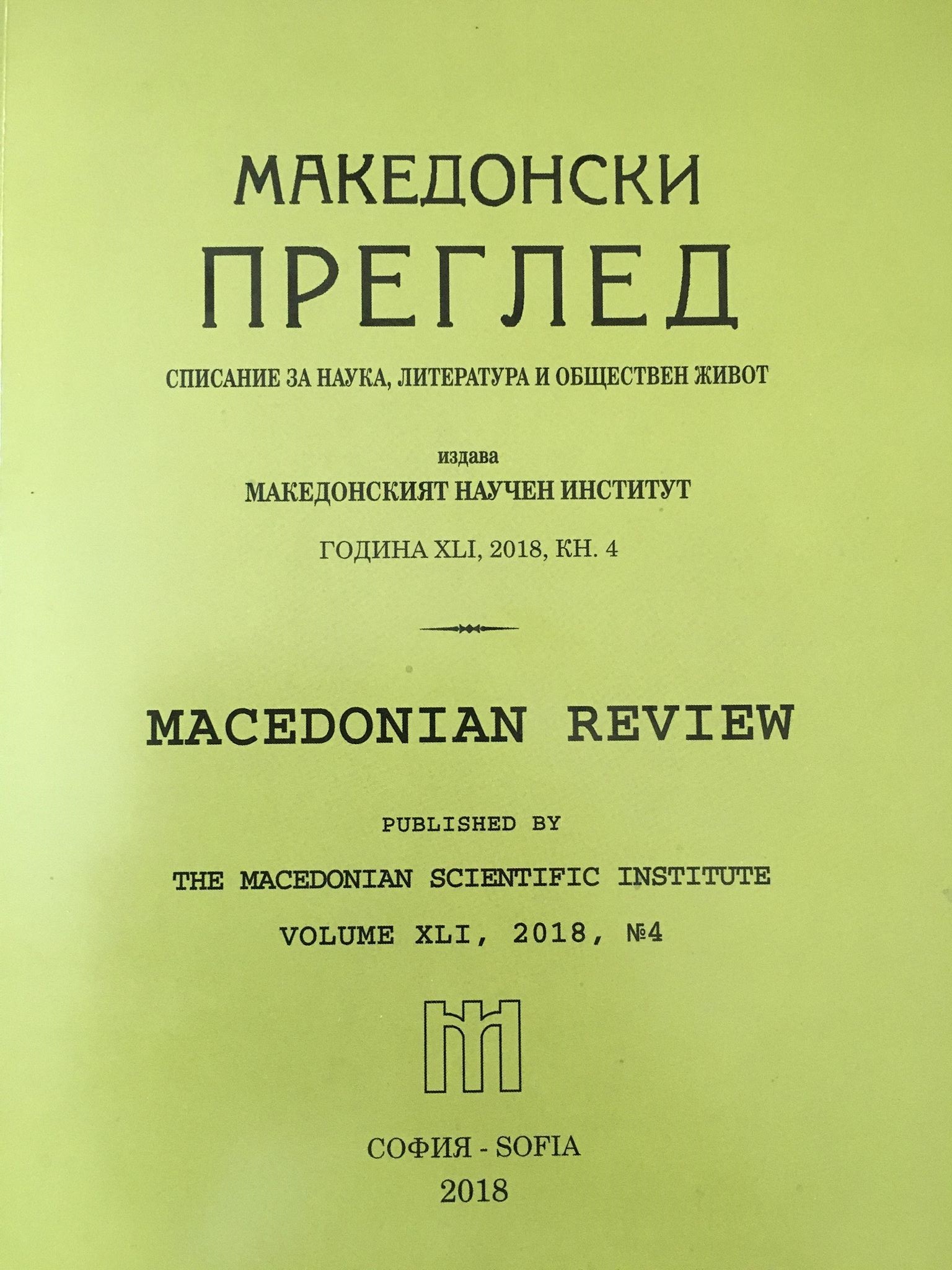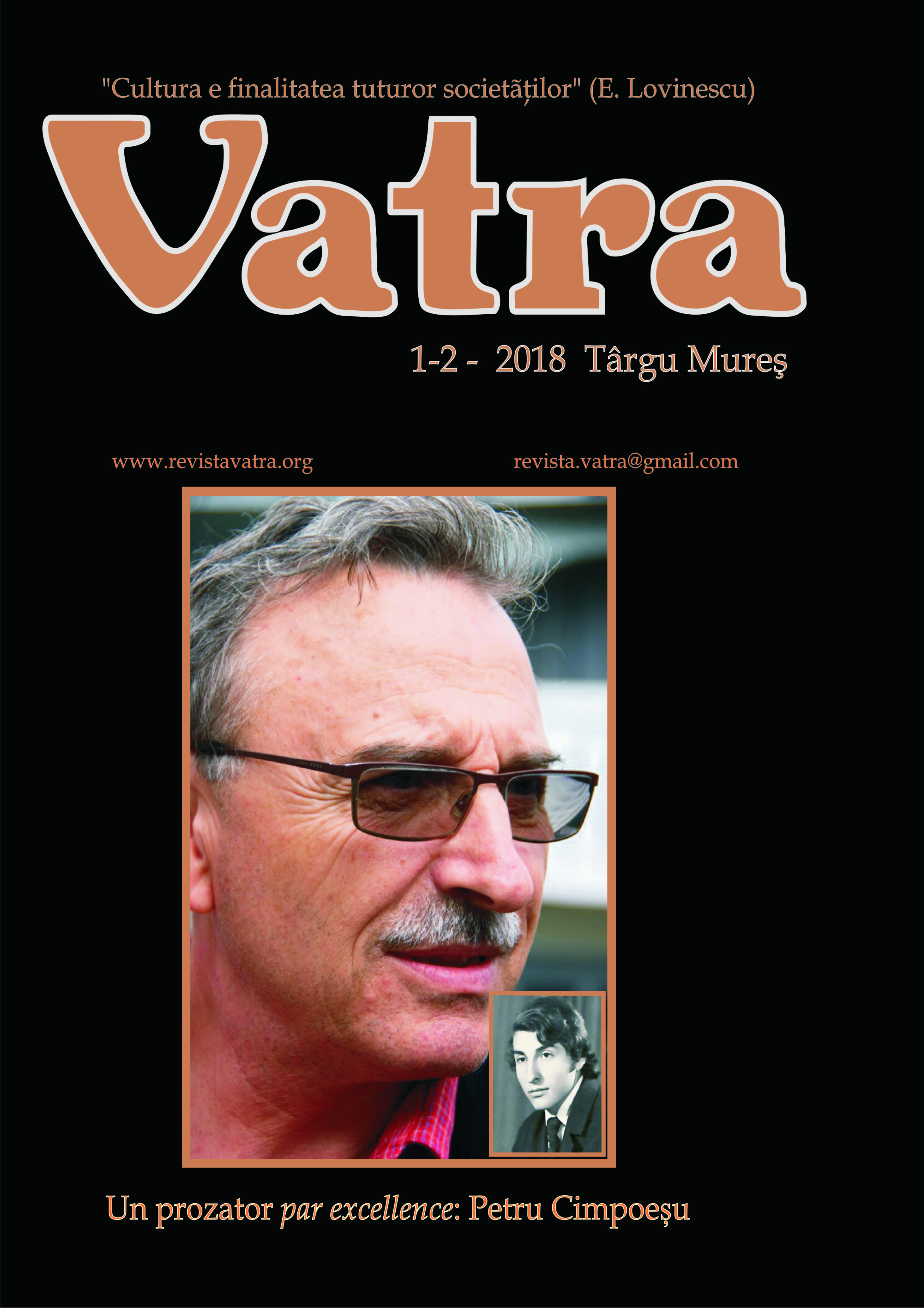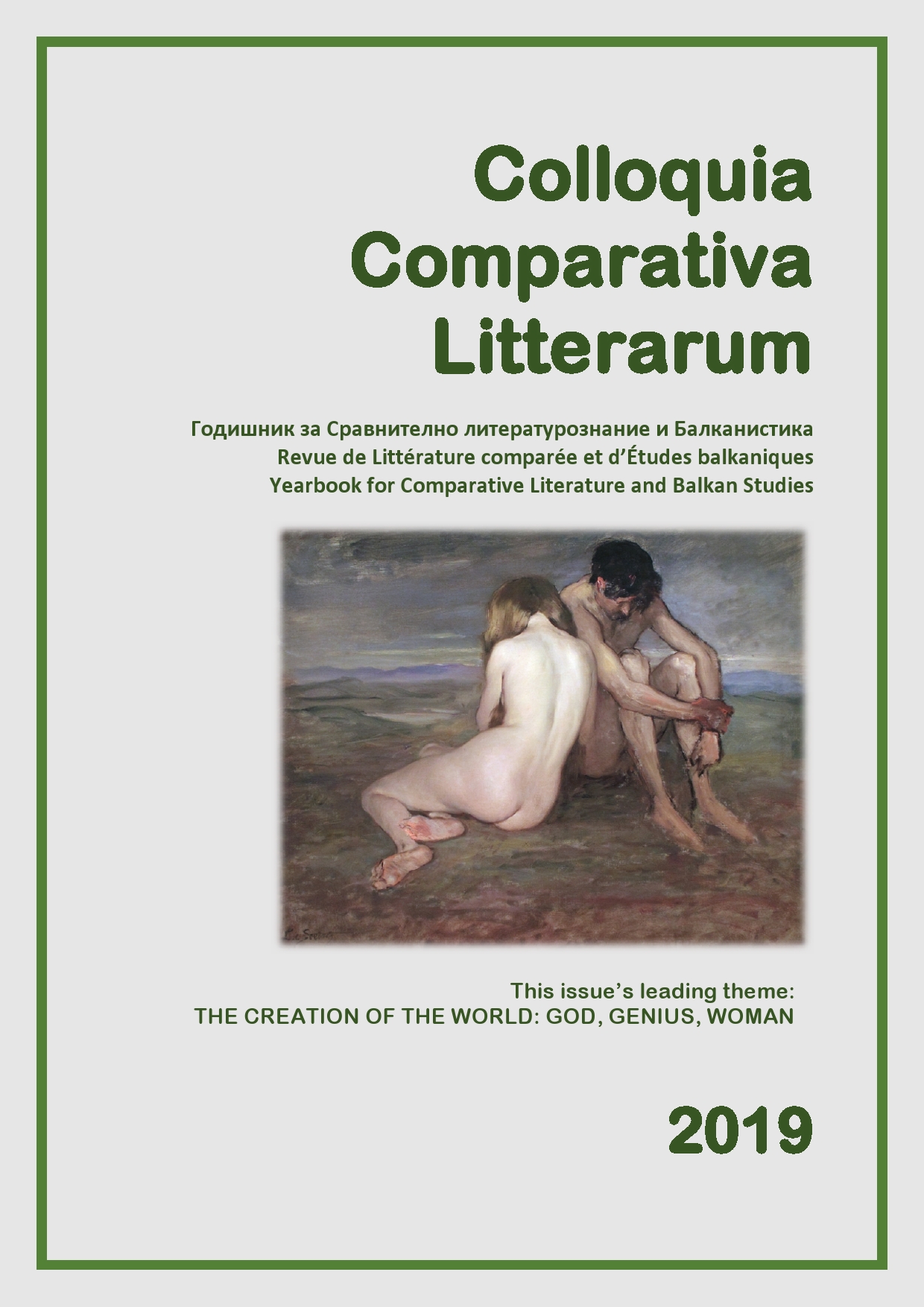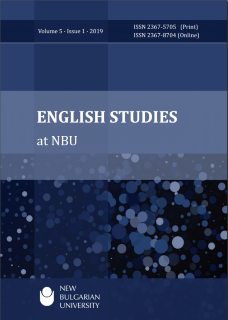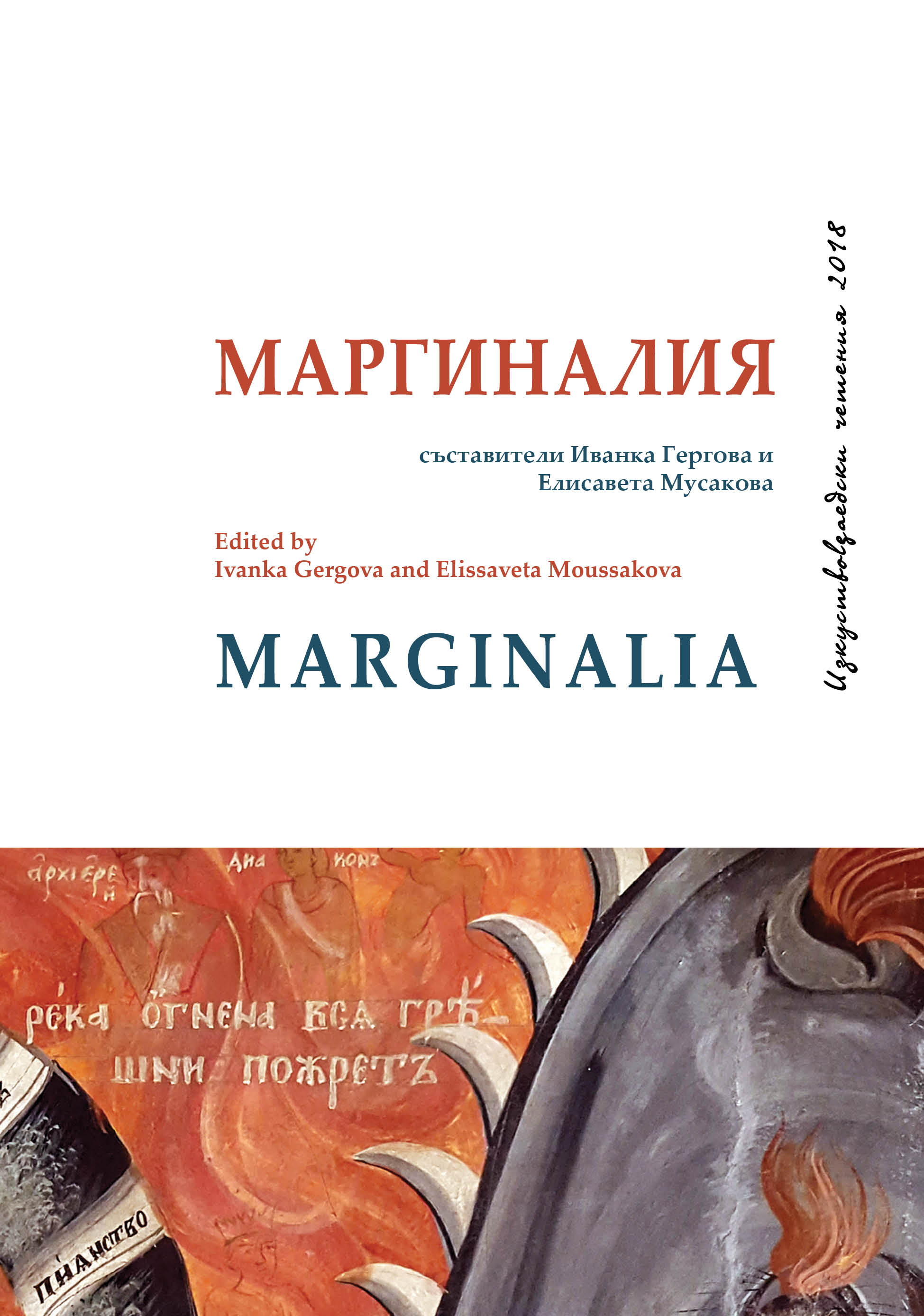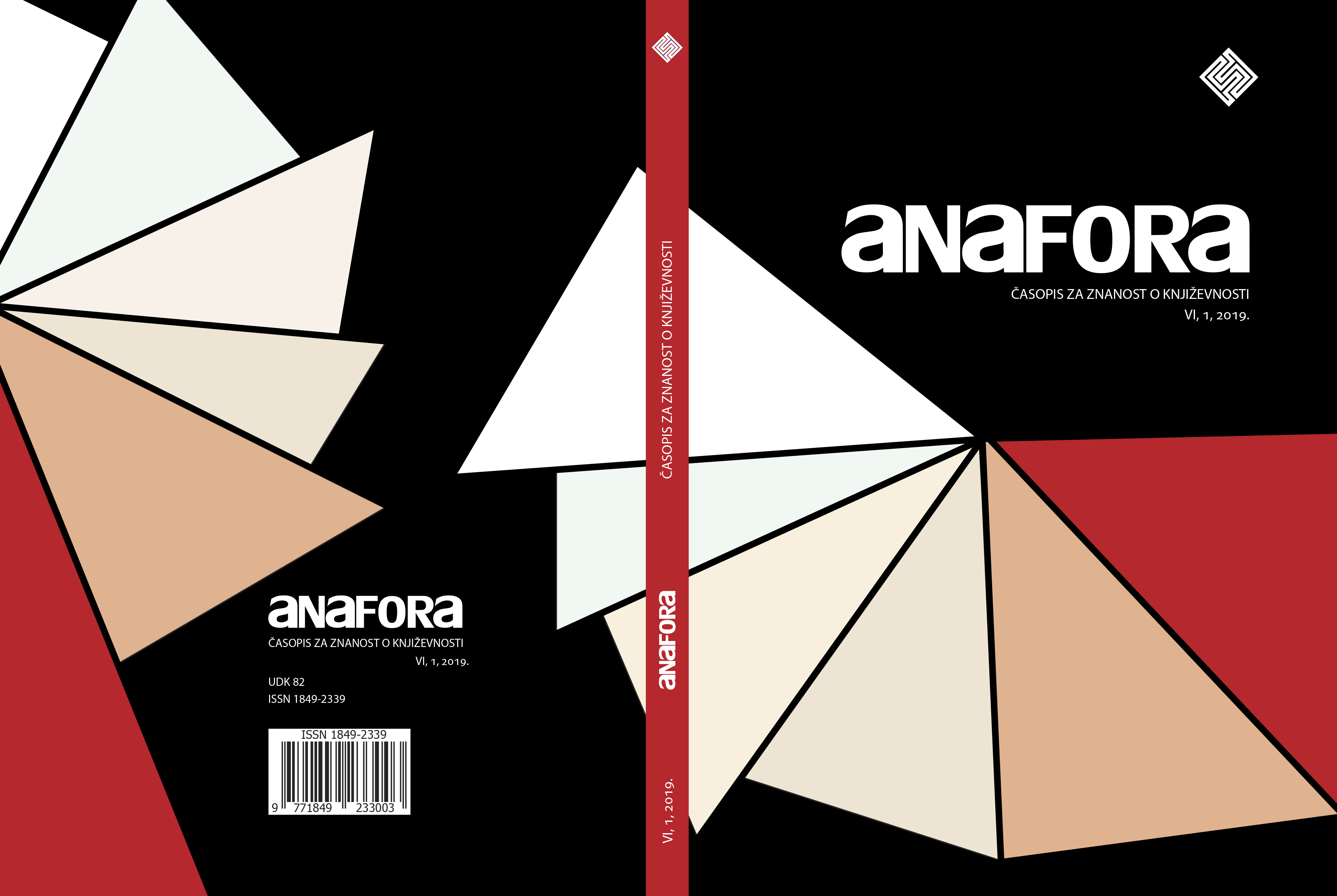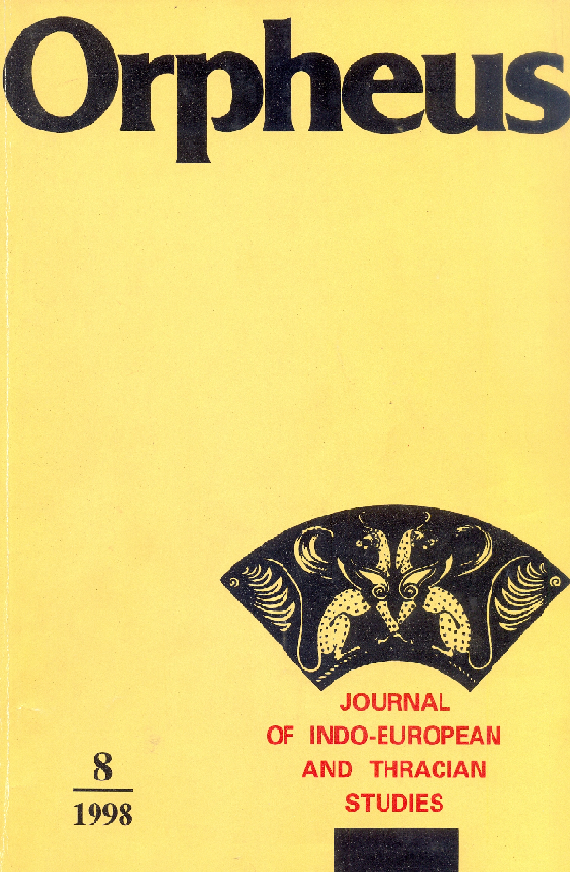Author(s): Ali Mirsepassi,Tadd Graham Fernée / Language(s): English
Issue: 1/2019
The 11th -12th century Abbasid philosopher al-Ghazālī is the center of controversy today in Western societies seeking to understand Islamic radicalism. The article initially examines the al-Ghazālī debate, split between popular images of al-Ghazālī as a fanatical enemy of rational thought, and scholarly depictions of a forerunner of postmodernism. After analyzing a principle example of the latter tendency, centered on the Persian term dihlı̄z, the article undertakes a sociological investigation of al-Ghazālī’s Alchemy of Happiness within the historic context of the Abbasid crisis of political legitimacy. The troubled historic vista of Abbasid politics, the unique role of al-Ghazālī as representative of ideological power, and the crucial influence of the intercontinental Sufi revolution, are discussed. The analysis focuses on al-Ghazālī’s central concepts of deen (faith) and donya (the secular), that he employed to stabilize and guarantee the continued political success of the multi-civilizational Abbasid state. Spurning the dogma of unified identity, al-Ghazālī recognized the civilizational pluralism underpinning Abbasid political survival. Reconciling multiplicity and unity, al-Ghazālī labored to integrate Islamic and non-Islamic intellectual traditions. Three elements are investigated: (1) Investing epistemology with social significance, al-Ghazālī opposed orthodox conformism; (2) Denouncing ignorance, the passions, and intellectual confusion, al-Ghazālī promoted the dialogic principle – not dogma - as the unique public guarantee of the universal truth; (3) This universal truth had an exclusively secular, not religious, dimension, based on the deen/donya distinction, separating universal secular truth from religious identity. An intellectual exploration of the secular dilemma, of corresponding imaginative magnitude, hardly existed in Western societies at the time. This casts doubt on the current academic enthusiasm for representing traditional Islam in the mirror image of French post-structuralism, and the false depiction of al-Ghazālī as the dogmatic enemy of reason. It opens an entire terrain of possible research that is barely tapped, which contradicts the confused dogmas of Islamic radicalism. A secular conceptual dualism pervaded the Islamic tradition, indeed pre-dating European secularism.
More...
